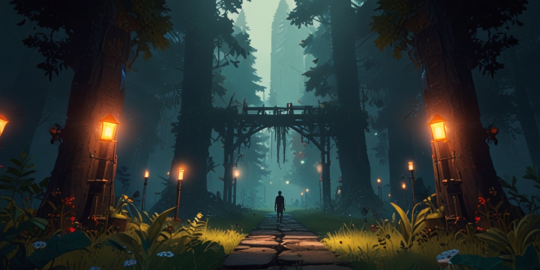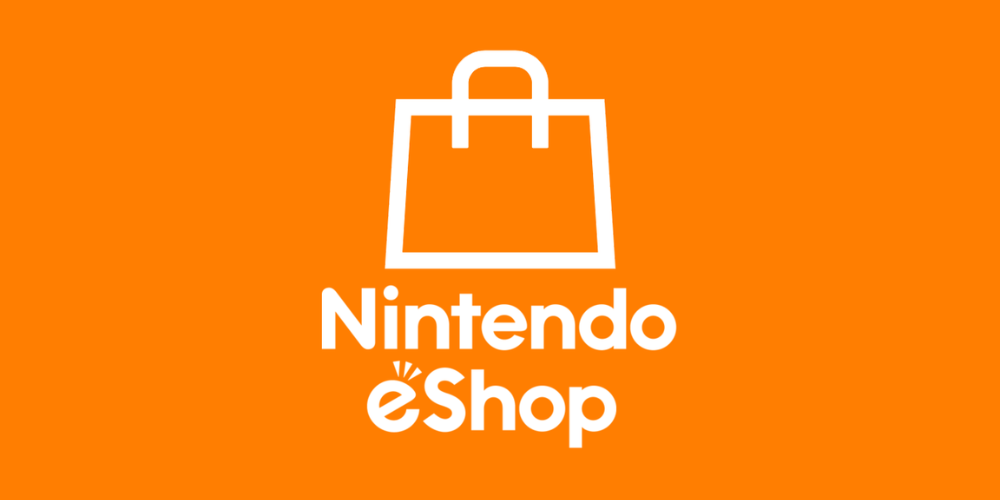
Introduction to Indie Games
In recent years, the video game industry has witnessed a significant shift in its landscape, primarily driven by the rise of indie games. Independent developers have transformed from niche creators into key players within the gaming community, bringing innovative ideas and fresh perspectives that challenge traditional gaming narratives. The shift toward digital distribution has further fueled this growth, allowing indie games to reach wider audiences without the need for heavy marketing budgets.
The Role of Digital Distribution
The proliferation of digital storefronts such as Steam, PlayStation Store, and Nintendo eShop has opened up vast opportunities for indie developers. Unlike traditional retail models that demanded publisher support and substantial investment upfront, these platforms allow smaller studios to self-publish their titles with minimal barriers to entry. This democratization of access has allowed diverse voices and unique gameplay experiences to flourish on mainstream consoles, attracting dedicated player bases.

Innovative Gameplay and Storytelling
One compelling reason for the rise of indie games is their focus on creative experimentation. Independent studios often prioritize innovative gameplay mechanics and unconventional storytelling approaches over massive production values. Titles like 'Celeste' or 'Hollow Knight' exemplify how heartfelt narratives can resonate deeply with players while also offering challenging gameplay. They are proof that an engaging story does not necessitate a blockbuster budget; instead, passion and creativity can prevail.
Mainstream Acceptance
Independent video game developers, frequently referred to as "indies," have been steadily gaining traction and breaking into the limelight of popular culture, catalyzing a notable shift in mainstream acceptance and understanding. This evolution in the industry's dynamics has become increasingly apparent, with various indie games not only cutting through the noise but also becoming household names alongside titles from major gaming studios. A quintessential example of such a success story is 'Cuphead,' which has made a substantial impact on both players and critics alike.
The game masterfully marries meticulously hand-drawn visuals reminiscent of 1930s animation with challenging, contemporary gameplay elements that resonate with modern audiences. Its widespread recognition is evidenced by its presence at significant gaming events such as the Electronic Entertainment Expo (E3) and Penny Arcade Expo (PAX), where it has garnered critical acclaim for its unique aesthetic and engaging mechanics. Elsewhere in the industry, acknowledgment of the contributions of indie developers isn't solely anecdotal; rather, it has taken on a more formalized character through institutional recognition at prestigious functions within the gaming community. Notably, award ceremonies like The Game Awards have introduced categories that are specifically designed to shine a spotlight on indie games—thus ensuring these creative endeavors receive their due credit alongside blockbuster releases.

The introduction of such awards doesn’t just serve as an accolade but rather signifies a broader trend: Indie developers are no longer viewed as simply niche or supplemental but are recognized for their crucial role in shaping the diverse tapestry of today’s gaming experience. Their innovative approaches to storytelling, gameplay mechanics, visual style, and engaging content add a rich layer of depth to an industry traditionally dominated by major players with significantly larger resources. As such, indies have become vital catalysts for innovation and variety within the realm of video games, enriching what it means to be a gamer in this era.
Community Engagement & Support
Another factor in the success of indie games is the strong sense of community surrounding them. Fans often rally around these titles through crowdfunding campaigns on platforms like Kickstarter or Indiegogo, ensuring financial backing even before full development begins. This relationship fosters loyalty among players who feel invested in the title’s success—creating a passionate community that provides feedback during development cycles and continues to support post-launch expansions or sequels.
The Impact of Cross-Platform Play
The rise of cross-platform play capabilities has also contributed significantly to the growth of indie titles on mainstream consoles. Players can now engage seamlessly across various devices—from PC to mobile to console—eliminating technology restrictions that previously limited game accessibility. As a result, multiplayer-centric indie masterpieces like 'Among Us' have expanded their reach exponentially across different platforms, strengthening player interactions regardless of hardware preference.
Concluding Thoughts: A Bright Future Ahead
The emergence and proliferation of indie games on major mainstream gaming consoles herald a thrilling era not only for avid gamers but also for the creative minds behind these innovative projects. This significant shift in the gaming industry showcases a marketplace that is increasingly receptive to fresh, unorthodox ideas that might not have otherwise found a foothold in an environment traditionally dominated by high-budget blockbusters. As we move forward, embracing and celebrating the artistic expression and ingenuity of independent developers serves to enrich the palette of experiences available to players, unrestrained by the often rigid financial investments required by larger studios.
By fostering a culture that values creativity and passion over sheer monetary prowess, we pave the way for an exciting future teeming with groundbreaking titles that boast engaging, thought-provoking narratives and immersive gameplay dynamics. These emerging experiences are not just limited to our entertainment; they push the boundaries of storytelling, allowing players to immerse themselves in worlds both vast and intricate—a testament to their creators' visions. The impact of indie developers is becoming more pronounced as they gain momentum within substantial markets and influential gaming platforms.
Their dedication to their craft is gradually transforming public perceptions, positioning video games more firmly as a distinguished art form rightly deserving of acknowledgment on par with any other esteemed creative medium such as film, literature, or music. As this trend continues to build steam, we stand on the cusp of what could be an enduring renaissance in the video game industry—an exciting prospect that promises unexplored territories of digital artistry for both makers and consumers alike to explore.